Published
8 months agoon
By
zaghrah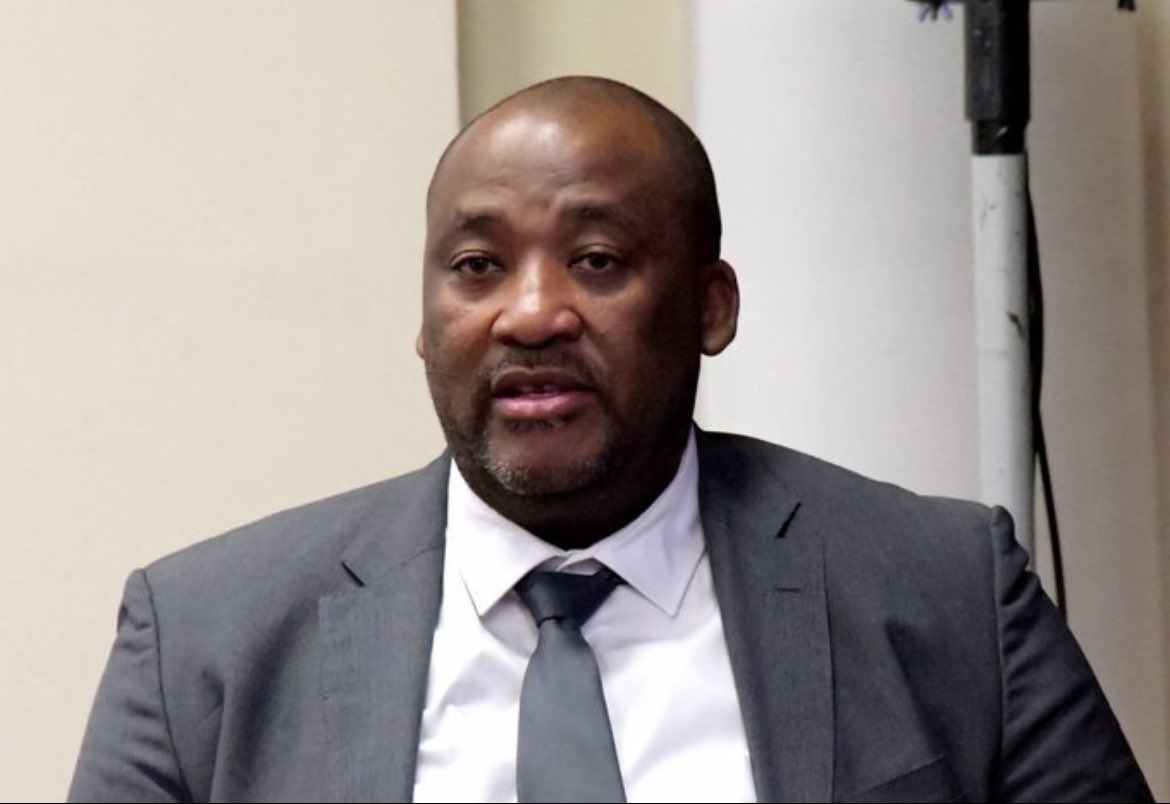
What was supposed to be a routine parliamentary committee session on arts and culture turned into a political brawl this week when Sport, Arts and Culture Minister Gayton McKenzie clashed with DA MP Liam Jacobs over the appointment of Eugene Botha a Patriotic Alliance member to chair the National Arts Council (NAC).
The verbal showdown laid bare the festering tensions around party affiliations, racial representation, and ethics in state appointments, all while offering a glimpse into the no-holds-barred style McKenzie is fast becoming known for in government.
Political Appointment or Conflict of Interest?
It all began when Jacobs questioned why a fellow Patriotic Alliance (PA) member was selected for the powerful NAC position. The DA MP didn’t mince his words, probing the logic behind the minister leading the very panel that selected Botha.
“I want to understand why a member of the PA was appointed by another PA member to chair the NAC,” Jacobs asked. “Isn’t that potentially unethical, or at least a conflict of interest?”
McKenzie hit back immediately, saying the appointment was within the law—and that ethics are subjective. “Jacobs knows I haven’t breached any act or law—hence he’s talking about ethics,” McKenzie shot back. “My ethics and his ethics are different. We are not dealing with what he feels and what I feel. The Act allows me to appoint Eugene Botha.”
McKenzie Brings Receipts and Racial Politics Into the Ring
McKenzie didn’t just defend his actions, he went on the offensive, accusing Jacobs of hypocrisy and reminding the committee of past DA-linked appointments.
“I’ll give you a name: Tim Harris,” McKenzie said. “He was a DA MP, then CEO of Wesgro. It’s happened before. Political affiliation doesn’t disqualify anyone.”
Then came the jab that sparked a firestorm on social media: McKenzie turned the tables, accusing Jacobs’ party—the DA—of racial exclusion. “You want to talk dictatorship?” McKenzie thundered. “Your party has the majority of coloured voters but not one coloured minister. Jy gaan laaste kom.”
Clips of the statement immediately went viral on X and TikTok, with many South Africans,particularly coloured voters—weighing in on what they saw as a legitimate point about representation. Others criticised McKenzie for politicising an arts appointment and using identity to deflect from genuine concerns.
@l_keezy021 Gayton McKenzie schools Liam Jacobs on the rules of politics and exposes his lies and false allegations #southafricatiktok #liamjacobs #democraticalliance #sapolitics #latestnews #saparliament #gaytonmckenzie #gayton #incaseyoumissedit #southafricantiktok?? #fyp #fypageシ ♬ original sound – L_Keezy021
A Deepening Rift: Personal, Political and Parliament-Wide
As Jacobs continued to interject, McKenzie’s frustration boiled over.
“When you speak, I listen. When I speak, you listen. Don’t interject whenever you feel like it,” McKenzie snapped. “And don’t come here with questions someone else wrote for you. Come with facts.”
He also referenced a past incident where Jacobs allegedly gestured rudely toward SAFA president Danny Jordaan, warning: “I will never allow him to do that to me.”
By the end of the exchange, it wasn’t just a debate about arts funding—it was a full-blown turf war over credibility, control, and cultural authority.
Context Behind the NAC Role
The National Arts Council plays a pivotal role in supporting South Africa’s creative sector. Its leadership has been under scrutiny in recent years following controversy over misallocated Covid-19 relief funds, with artists accusing the institution of mismanagement and political bias. This new appointment was expected to bring stability. Instead, it’s triggered further suspicion.
Eugene Botha, while qualified on paper, is also a card-carrying member of the PA raising eyebrows over whether his selection was about skills or loyalty.
Why It Matters Locally
For South Africa’s often-overlooked arts community, this political back-and-forth strikes a nerve. Many artists rely on the NAC for funding and exposure, and they’re concerned the council may be turning into a political battleground rather than a platform for artistic excellence.
A Johannesburg-based performance artist posted: “I don’t care who chairs the NAC—just fund the damn art. But if it’s a buddy system again, we’re screwed.”
Meanwhile, cultural watchdogs and civil society groups are calling for an independent review of all major board appointments across arts and heritage bodies.
When Politics Trump Art
South Africans are no strangers to political drama. But when it spills into spaces meant to nurture creativity and national identity, it becomes personal. What should’ve been a discussion about leadership turned into a lecture about race, ethics, and party power.
And as the cultural sector braces for more change under McKenzie’s fiery leadership, one thing is clear: Parliament is no longer just a place for debate—it’s a stage, and everyone’s mic is live.
{Source: IOL}
Follow Joburg ETC on Facebook, Twitter , TikTok and Instagram
For more News in Johannesburg, visit joburgetc.com
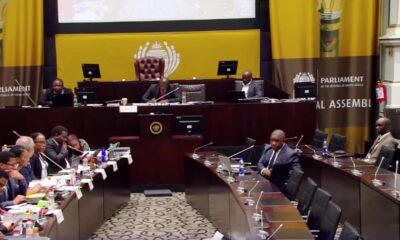

Parliament moves to steady SAPS inquiry after witness setbacks


Blame Game Erupts as World Surf League Abandons Jeffreys Bay After 30 Years
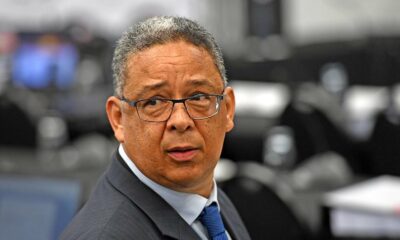

McBride tells MPs Sibiya was framed and warns police watchdog is still not independent


South Africa Confirms 2028 AFCON Bid With Botswana And Namibia
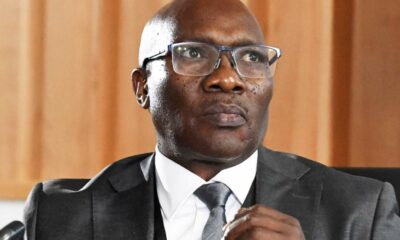

Parliament demands answers as SAPS fails to act against Major General Shibiri
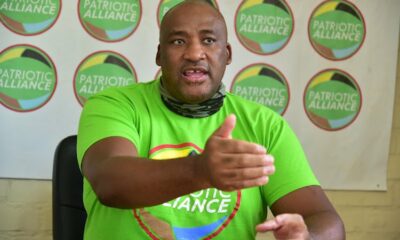

“Failing Today Doesn’t Cancel Tomorrow”: Gayton McKenzie’s Message to Matrics Who Didn’t Make It















